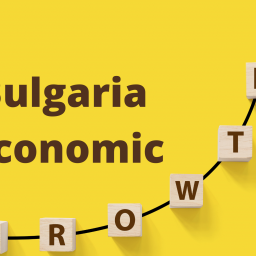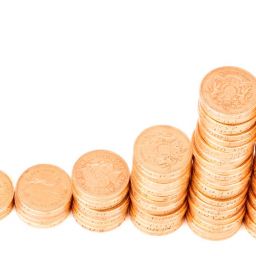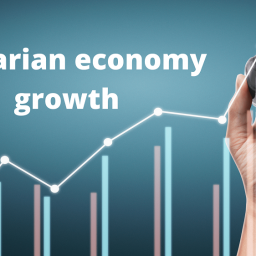
Bulgaria’s economy grew by 0.8 per cent in the second quarter of the year, according to preliminary data announced by the National Statistical Institute (NSI) on September 7. The figure fell short of NSI’s earlier flash estimate of 1.1 per cent growth.
Compared to the same period of 2021, Bulgaria’s economy grew by four per cent in the second quarter, well below the 4.8 per cent figure in last month’s flash estimate.
In real terms, gross domestic product (GDP) in April-June was 38.96 billion leva, or 19.92 billion euro, NSI said.
NSI’s seasonally-adjusted preliminary data showed domestic consumption rise by one per cent during the second quarter, and it was 5.2 per cent higher on an annual basis. Gross fixed capital formation shrank by 2.8 per cent in April-June, and was 7.8 per cent down compared to the second quarter of 2021.
Exports in the second quarter of 2022 were 2.5 per cent up, while imports rose by 1.4 per cent, which resulted in a trade surplus of 1.12 billion leva, or 2.9 per cent of GDP. Compared to the second quarter of last year, exports were up 10.4 per cent and imports were 16.7 per cent higher.
NSI’s statistics releases do not, as a rule, include analysis of trends and its second-quarter GDP announcement made no mention of the impact that the Covid-19 pandemic or the Russian invasion of Ukraine had on Bulgaria’s economy.
Bulgaria’s Cabinet had set a 4.8 per cent per cent economic growth target this year in the Budget Act macro-economic framework, up from 4.2 per cent recorded by NSI last year. In May, the Finance Ministry’s updated macro-economic framework lowered the GDP growth forecast to 2.9 per cent.
In July, the European Commission’s summer forecast raised Bulgaria’s economic growth estimate for 2022 to 2.8 per cent, up from 2.1 per cent in the spring forecast.
source: https://sofiaglobe.com/
















